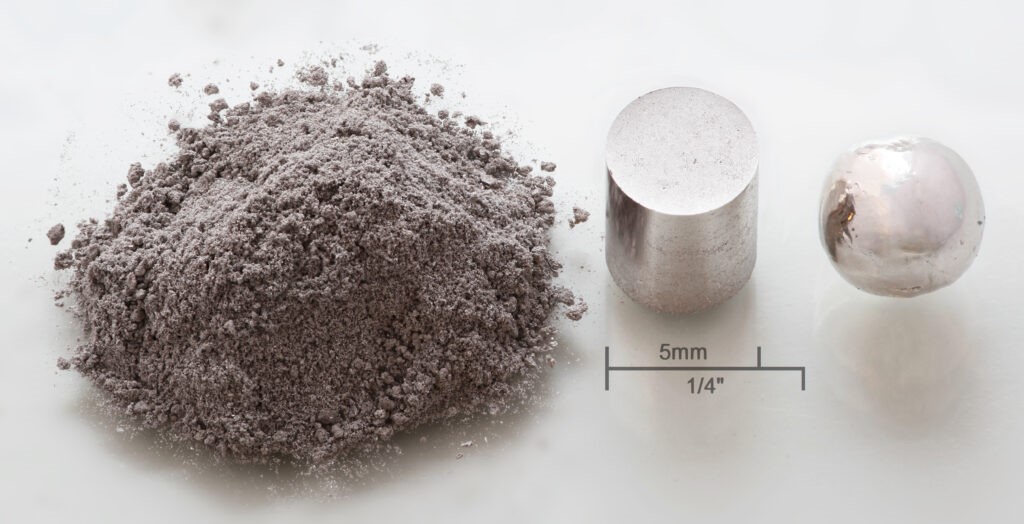

TRUNNANO, a China-based chemical materials firm, has announced a big step forward in producing high-purity spherical aluminium nitride (AlN) powder. The company stated that the new material overcomes long-standing technical challenges. This includes challenges with sphericity, purity, and particle distribution. The powder is made with 99.5 per cent purity and very low oxygen content, and so it offers potential for high thermal conductivity and consistent performance in real-world applications.

Spherical AlN is important for thermal interface materials in EVs, where unwanted heat must be managed effectively. It is also important for high-performance ceramic substrates for power electronics and for additive manufacturing of complex heat-resistant components. Traditional AlN production often suffered from impurities, oxidation and irregular shapes, reducing performance.
“Our spherical AlN powder represents a leap forward in material science,” said Roger Luo, CEO of TRUNNANO. “By solving the sphericity and purity issues, we’re empowering industries to push the limits of thermal management and device miniaturisation.”
Rising EV demand in China
TRUNNANO’s innovation arrives as China’s electric vehicle market accelerates at record speed. In 2024, nearly half of all car sales in China were electric – representing almost two-thirds of global EV sales. With a 40 per cent growth rate year on year, China is now the largest EV hub in the world.
Also read: Asia’s EV market 2020-2025: China leads the growing production trend, as India follows suit
The rapid growth in EV adoption requires materials that can withstand extreme heat loads within both the batteries and the power modules. AlN’s thermal conductivity, excellent electrical insulation, non-toxicity and mechanical performance make it best suited to extend the battery’s life and safety. According to industry observers, advanced materials like AlN are no longer optional but necessary for scaling next-generation mobility.
Unique properties of aluminium nitride
Aluminium nitride has emerged as a critical material in advanced materials science. For thermal conductivity, it's only secondary to diamond and far better than silicon carbide (SiC) and gallium nitride (GaN). This positions AlN as the best candidate for heat sinks, high-frequency electronics and aerospace parts.
AlN has an extremely high resistivity and an even lower dielectric constant, allowing reliable microwave and high-frequency applications. Additionally, even at high temperatures AlN has mechanical strength, further expanding its application in areas like automotive engines and aerospace.
Analysts think TRUNNANO's plasma-assisted synthesis method will help accelerate AlN adoption across various industries. As the demand for electric vehicles (EVs) grows, this innovation could accelerate EV adoption and support advancements in energy transition technologies.
To know more about the Asian EV market and the advancement in that space, read our report: Future of Aluminium in Transportation Sector An Industry Analysis with Forecasts to 2027
Responses








